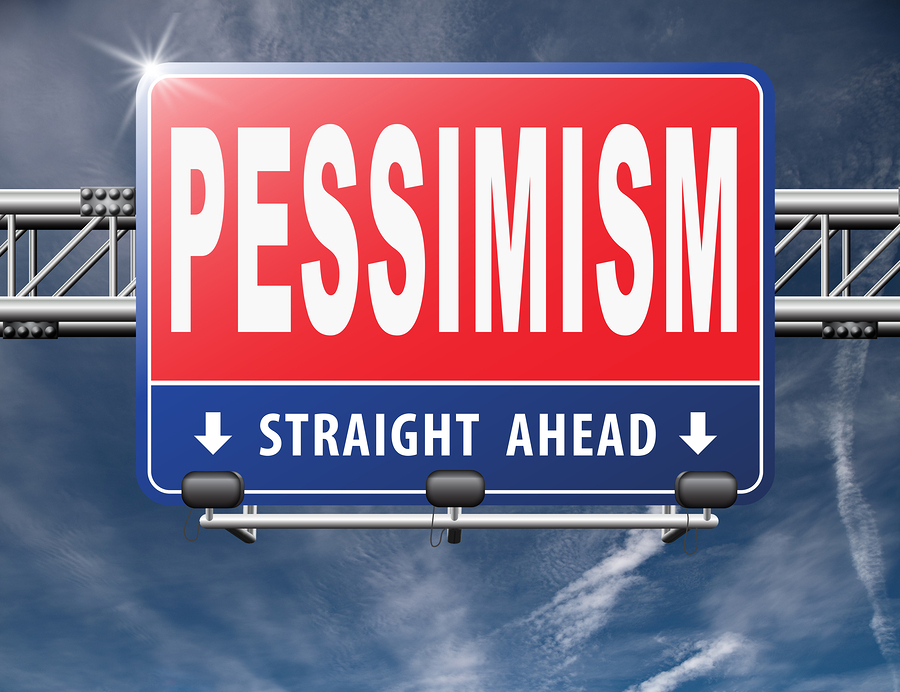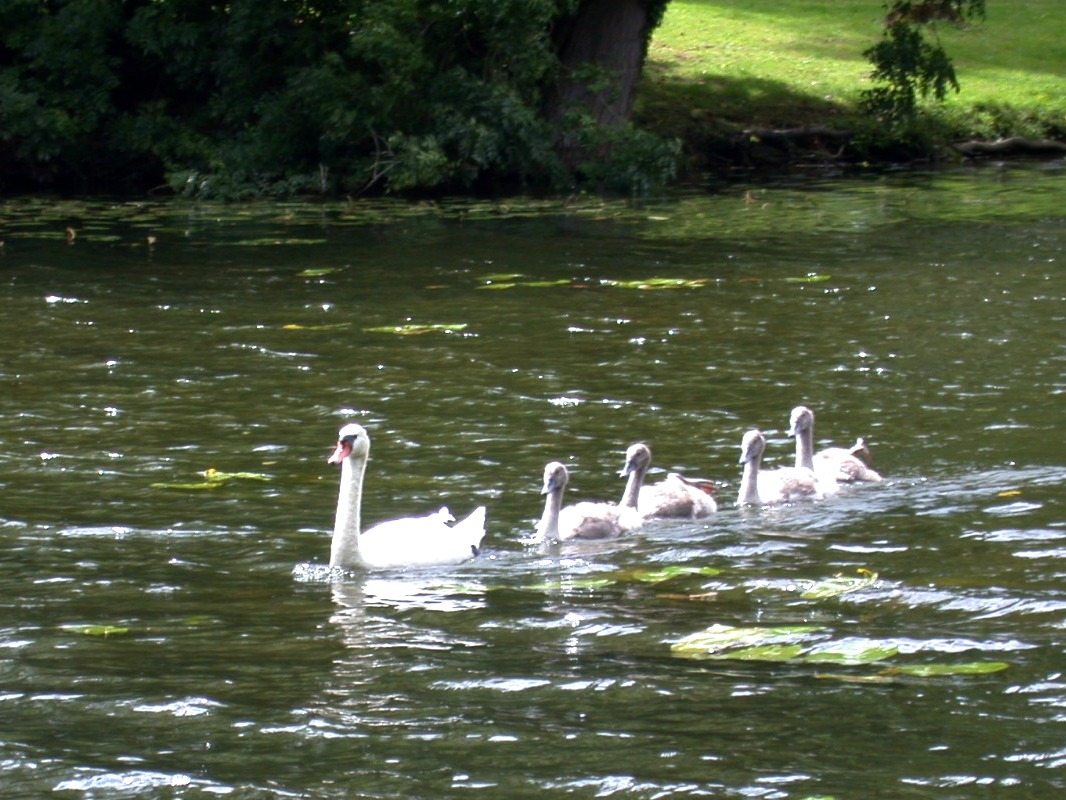Hopi Prophecy of 2000
The following is the Hopi Prophecy of June, 2000 from the Hopi Nation:
You have been telling people that this is the Eleventh Hour, now you must go back and tell the people that this is The Hour. And there are things to be considered…
Where are you living?
What are you doing?
What are your relationships?
Are you in right relation?
Where is your water?
Know your garden.
It is time to speak your truth.
Create your community.
Be good to each other.
And do not look outside yourself for your leader.
The film classic “Psycho” and the value of clearing the clutter
Ever wonder how the classic Hitchcock thriller “Psycho” is related to clearing the clutter? Probably not, so read on.
If your nerves were on edge while watching “Psycho,” here’s why: every time director Alfred Hitchcock cut to the house on the hill, something was different.
In each shot he would change the location of the door, or the number or placement of windows, or the number of panes in each window.
The shots weren’t held long enough for the viewer to be conscious of what the changes were, only that something was “wrong” with that house. The result? An uneasy feeling throughout the film. That’s why Hitchcock was such a master director.
Adventures in Feng Shui
Feng shui is the ancient art of balancing energies in a space to bring health and good fortune for the inhabitants. Just as we want and need a healthy, balanced body, we need and should want a balanced living environment. This is what Feng Shui provides.
Developed in China over 3,000 years ago, today it is known and practiced throughout the world. It deals with placement of a building on land, location of doors, windows and rooms and objects within the rooms.
I am a believer because I study and teach about energy so feng shui makes perfect sense to me.
Expressing Gratitude on the Summer Solstice
Most people in the Northern Hemisphere are happy around the time of the Summer Solstice. The days are long and, if you’re not in the desert, the earth is green.
Beauty, fruits and vegetables abound. “Fun in the sun” is an oft-used phrase.
But how can we go deeper on this longest of days?
What to do when bad things happen
More wisdom from Bear Heart in the Wind Is My Mother on what to do when bad things happen in our lives:
Not long ago a woman called me and I went to see her in the hospital. She was a very young mother who had just given birth to a child with no arms. He had webbed feet and scars on his face and she was wondering, “Why me? Why me?”
I had to talk to her a long time, pray with her, to show her that there was a blessing somewhere in her situation.
In our culture, when such children are born we say they are specially blessed. The Creator had a reason for bringing that child into the world and we are helping the Creator when we make the child as comfortable as possible in every way.
It’s said there is a special blessing when we help someone like that, although that’s not our reason for doing it. My people don’t even talk about the reasons, we just try to help.
I told her the story of a similar situation where a little boy was born without arms and the doctors asked her husband to stay by his wife’s bedside as she came out of sedation so he could tell her.
Journey to emotional healing
I hope that the healed life is the goal of each of us: to work toward emotional healing, physical health and spiritual fulfillment.
Emotional healing includes learning what didn’t work and to no longer repeat our past, self-defeating patterns.
This lovely piece by Portia Nelson sums it up nicely.
AUTOBIOGRAPHY IN FIVE CHAPTERS
(1)
I walk down the street.
There is a deep hole in the sidewalk
I fall in.
I am lost . . . I am hopeless.
It isn’t my fault.
It takes forever to find a way out.
Do you walk your talk?
In the following excerpt from The Wind Is My Mother, Bear Heart instructs on how to walk your talk:
“Nokus Ele’, or Bear Paw, the Seminole elder who put me on the ant hill as part of my training, was a medicine man.
“A member of our tribe wanted to learn something from Bear Paw and extended an invitation to him, saying, ‘I want you to stay overnight at my home.’
“So Bear Paw spent all night at this man’s house then got up early in the morning and waited until his host finally got up, too.
“The man said to him, ‘Breakfast is ready now, why don’t you come and eat.’
“In my tribe, people usually talk after the meal so when they had finished eating, the host said, ‘I’d like for you to tell me anything you think I ought to know.’
Memorial Day: Earn it!
“James, earn this… earn it.” Dying words of Capt. John Miller to Private James Ryan in the film, “Saving Private Ryan”
Officially, Memorial Day in the United States is a day for remembering and honoring all Americans who died in any war.
Unfortunately, Memorial Day weekend also marks the beginning of the summer holiday, with people focusing on shopping, family gatherings, picnics and sporting events. So we sometimes forget the real meaning behind the day.
How’s your cup? How to learn to be optimistic
Can we learn to be optimistic?
I believe so, and researchers agree.
But it will take some undoing of early programming.
The average fourth grade child has heard the words “no, you can’t do that” over 70,000 times. So we have to work to overcome that negative imprint.
THE RESEARCH
Not only are optimists happier than pessimists, research shows they are healthier, live longer and make more money.
Stop the presses! Pessimists throughout history proved wrong!
Today I’d like to offer some historical anecdotes about all the times pessimists were wrong. Hopefully it will give you more inspiration to hold onto your dreams in spite of the naysayers:
For starters, remember how absolutely certain people used to be that the earth was flat!
In 1847, Dr. Ignaz Semmelweis was the head of Vienna General Hospital’s First Obstetrical Clinic, which at the time had a mortality rate of 10-35%! When he suggested doctors and mid-wives wash their hands before attending mothers and newborns, he was ridiculed by the medical authorities of the time, and fired by the hospital that employed him. In 1851 he moved to Hungary where his theory was accepted and hand-washing reduced mortality to less than 1%!
Can pessimism be helpful?
“Don’t ever let somebody tell you that you can’t do something. You got a dream, you got to protect it. When people can’t do something themselves, they want to tell you that you can’t do it. If you want something, go get it. Period.” Will Smith, actor
Can pessimism be helpful?
I think not.
Not that there’s anything wrong with critical thinking and trying to be aware of potential obstacles.
But I’m talking about people who are negative for the sake of being negative. Because they have not succeeded, they don’t want anyone else to succeed either.
AN EYE-OPENING COMMENT
I like to increase my odds of success by being a thorough researcher. So when I was working on The Wind Is My Mother, I took a class on how to get a non-fiction book published and did absolutely everything suggested. It worked.
The Ten Indian Commandments
The Ten Indian Commandments are all we need to know to heal ourselves and the planet!
1. Treat the earth and all that dwell thereon with respect.
2. Remain close to the Great Spirit.
3. Show great respect for your fellow beings.
4. Work together for the betterment of all humankind.
How to turn Road Rage into Compassion
“Great Spirit, help me never to judge another until I have walked in his moccasins.” Native American proverb
Years ago, my friend Carol stopped at a gas station while driving through Oklahoma. Just as her car was approaching the pump, she was cut off by a big RV that pulled in ahead of her.
Carol was pissed and found another pump. When she went inside to pay, the woman who had cut her off was standing in front of her in line. Carol resolved to give her a dirty look when she turned around.
But her world was turned upside down when she heard the woman say to the cashier,
Suggested Reading on Native American Spirituality
One of my subscribers asked for a suggested reading list to help gain more insight into Native American spirituality and I am happy to oblige.
I have one caveat, however: Indigenous spirituality cannot truly be understood intellectually. It is based in the heart and the body and communicating with the natural world. I strongly recommend following the practices I share in my posts, particularly those that involve communication with nature. The reading will be a nice supplement to that.
This is a list of some of my favorites:
Social activism: the good, the bad and the ugly
“An eye for an eye makes the whole world blind.” Gandhi
I’m a big fan of peaceful social activism. Having marched in the 1970s in opposition to the Vietnam War, I’m proud that my generation helped end it.
We have even more opportunity today, with the advent of online petitions that are getting lots of results, fast.
UGLY SOCIAL ACTIVISM
But there is also un-social activism that causes me concern. I’m thinking specifically of Spike Lee’s ill-advised re-tweet of the supposed address of George Zimmerman, who shot and killed Trayvon Martin.
How to meditate: 12 sure-fire techniques
It’s not hard to learn how to meditate. The secret is to find the technique that works for you.
Psychologists estimate the average person has at least 50,000 thoughts a day and 90% are the same as yesterday. Meditation is simply stilling the chatter of our mind to come to a place of relaxation and peace.
Here are a dozen methods for you to try. Start with five minutes once or twice a day and work up to 15-20 minutes.
Expand your mind with meditation
Meditation is perhaps the easiest way to expand your mind, other than using drugs.
I played around with LSD and marijuana on my college weekends and it always gave me a good high. But I reached a point where I didn’t want to rely on something artificial to make me feel good. I wanted to feel good on my own. So I discovered meditation.
My meditation path was brought with ups and downs, which I’ve discussed elsewhere. But now that I’ve settled into a meaningful practice that’s the right one for me, it works like a charm.
Here are the ways it can benefit your mind, body and spirit.
Continue readingMeditation: even swans need to do it!
Last spring as I was walking around the lake near my home, I came upon a family of swans by the shore: two beautiful, huge adults and 10 little baby swans. Ten!
[Yes, I know they’re called cygnets but that word isn’t cute enough to do them justice].
The two parents were putting up a very loud squawk and, as I got closer, I saw that one of the babies had become stranded on the shore side of a big log and the parents were encouraging it to climb over.
The baby kept trying to get over the log but the log was too big and the baby too small. So the parents took turns stepping up on the log, turning around and squatting in the hopes the baby would grab on to them and be pulled out. After about a dozen attempts, they succeeded.
The irony was that if any of them had looked to the baby’s left, they would have seen it could easily have swum around the log to freedom! But they were all too focused on the problem right in front of them to look for other solutions.
It struck me that this was a perfect example of the benefits of meditation. Stop, take a break, relax, regroup and look around for a fresh perspective. That usually allows inspiration and new ideas to flow in.
A New Take on April Fool’s Day
Traditionally, April 1 is “April Fool’s Day,” an opportunity to play harmless and fun jokes and tricks on others. Frankly, I’ve never been a fan.
Not much is known about the origin of this holiday. One popular origin tale is that when the Gregorian Calendar moved the first day of the year from April 1 to January 1, not everyone got the message, or simply chose to ignore it.
After all, there was no internet then to spread the word. Those who continued to view April 1 as the first day of the year were called “Fools”.
But this story doesn’t hold water because the history of pranking on April 1 started long before the Gregorian Calendar came along in 1582, and it also has traditions around the world.
Another theory is that the timing of a day of pranks is tied to the arrival of spring, when nature “fools” humankind with fickle weather. That explanation makes sense to me, particularly this year.
Desiderata
The desiderata is a much loved poem written by American writer Max Ehrmann in 1927. Largly unknown during Ehrmann’s lifetime, It became well-known after being found at Adlai Stevenson’s deathbed in 1965.
In response to losing the majority in the Canadian Federal election in 1872, Prime Minister Pierre Trudeau quoted the Desiderata in reassuring the nation that “the universe is unfolding as it should.”
While the writing may seem stilted by today’s standards, the sentiments expressed are profound. And our lives will be better if we embrace them.






